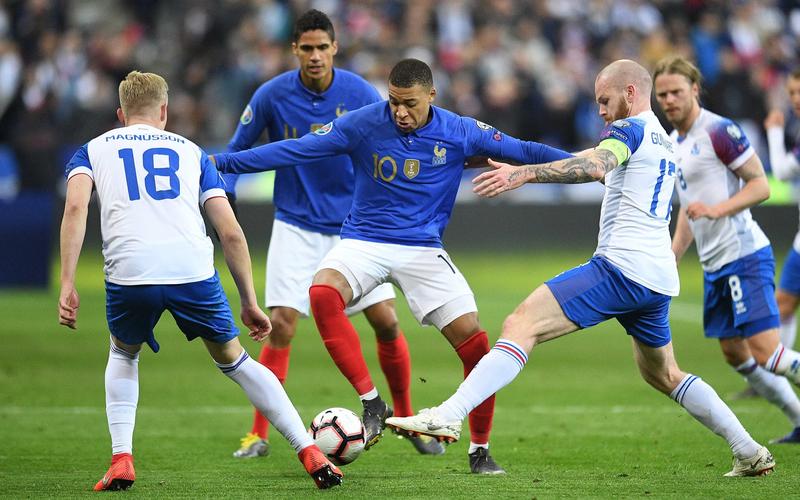Title: Why Was the UEFA European Championship Suspended?
The UEFA European Championship, commonly known as the Euros, is one of the most prestigious football tournaments in the world, showcasing the talents of Europe's top national teams. However, there have been instances in the tournament's history where it was interrupted or suspended. Let's explore the reasons behind such interruptions.
Historical Context:

The Euros have been interrupted on several occasions, with the most notable interruptions occurring due to significant global events or emergencies. These interruptions have impacted the tournament schedule and sometimes led to its postponement or cancellation.
Reasons for Interruptions:
1.
World Wars:
The most significant interruptions in the history of the UEFA European Championship were due to the outbreak of World War I and World War II. During both conflicts, the tournament was understandably suspended as countries focused on wartime efforts rather than sporting events.
2.
Political Unrest:
In some instances, political unrest or conflicts within Europe have led to the suspension of the tournament. For example, the UEFA Euro 1992 was initially scheduled to be hosted by Yugoslavia but was disrupted due to the Yugoslav Wars. As a result, the tournament was relocated to Sweden.
3.
Pandemics:
In rare cases, pandemics or health crises have impacted the continuity of the tournament. While this was not a significant factor in the past, the COVID19 pandemic in 2020 had a profound impact on the sporting world, including the postponement of the UEFA Euro 2020.
Impact on the Tournament:
Interruptions to the UEFA European Championship have had varying impacts on the tournament and its participants:
Rescheduling:
When interruptions occur, organizers often face the challenge of rescheduling the tournament while considering factors such as venue availability, team preparations, and fan engagement.
Historical Significance:
Interruptions due to major global events like World Wars have significant historical implications, reminding us of the broader impact of conflicts on all aspects of society, including sports.
Adaptation:
Despite interruptions, the Euros have shown resilience by adapting to changing circumstances. For instance, the UEFA Euro 2020 was rescheduled to 2021 to accommodate the COVID19 pandemic, albeit with modifications to the format and hosting arrangements.
Conclusion:
The UEFA European Championship has experienced interruptions throughout its history due to various factors, including world wars, political unrest, and pandemics. These interruptions serve as reminders of the tournament's vulnerability to external events and the broader context in which it operates. However, the Euros have consistently demonstrated resilience, adapting to challenges and continuing to unite football fans across Europe.

